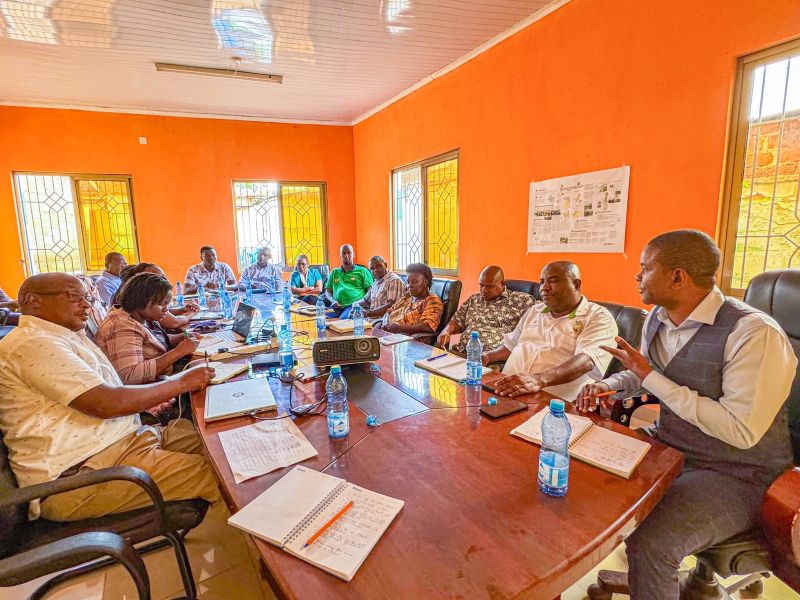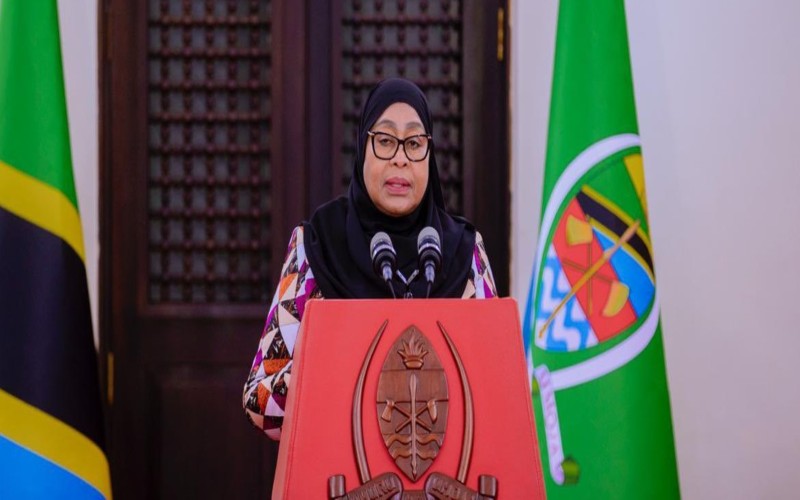Taita Taveta residents to receive fresh guidance on biotechnology amid rising misinformation

The initiative follows the national government’s recent decision to lift restrictions on advanced crop-improvement techniques, a shift intended to stimulate scientific progress and strengthen Kenya’s food systems in the long term.
Residents of Taita Taveta are set to receive more guidance on modern agricultural biotechnology after the county government teamed up with the National Biosafety Authority (NBA) to tackle widespread confusion and misinformation surrounding new food-production methods.
The joint effort comes at a time when many households are struggling with unreliable harvests and uncertainty over emerging farming technologies.
More To Read
- Africa’s food security challenge: G20 calls for boost in trade and sustainable farming solutions
- DR Congo hunger crisis worsening amid fighting and lack of aid funding
- How doctors offering free healthcare services are bringing hope to mothers in Somalia’s Mudug region
- Turning food waste into energy key to climate goals, says UN report
- Court nullifies Agriculture Ministry tender to lease Bachuma Livestock Station
- Taita Taveta leaders push for women’s land rights, economic empowerment
The initiative follows the national government’s recent decision to lift restrictions on advanced crop-improvement techniques, a shift intended to stimulate scientific progress and strengthen Kenya’s food systems in the long term.
But despite these policy changes, national surveys show that only about 23 per cent of citizens have a clear understanding of how biotechnology works, a gap that continues to fuel public mistrust and unease.
During a stakeholder forum in the county, Agriculture CECM Katuu Mzenge said the programme is designed with residents in mind, particularly those in drought-hit areas who depend heavily on reliable harvests for survival.
“Our priority is to secure a steady food supply for our people. Modern technologies can make a real difference, but our communities still lack the information they need to make informed choices,” he said, urging for more open engagement with farmers at the grassroots level.
County Chief Officer for Agriculture, Mcharo Mwalugha, added that inaccurate claims spread online and within communities remain one of the main barriers preventing people from embracing biotechnology.
“A lot of misleading narratives are circulating. Yet these innovations have the potential to boost yields, especially in dry regions that face repeated crop failures,” he said.
NBA officials, led by Principal Biosafety Officer Eric Korrir, told residents and county leaders that clear, science-based communication is essential if the public is to feel confident about the technologies being introduced.
“We are here to provide factual, evidence-based information. Our aim is to work closely with the county to ensure people receive accurate guidance,” Korrir said.
Taita Taveta County plans to collaborate with village elders, farmers’ associations, agricultural extension officers and other community structures to widen outreach efforts.
County officials say the programme is expected to help families better understand biotechnology, reduce food insecurity and strengthen the region’s resilience against climate-related shocks.
Top Stories Today









































